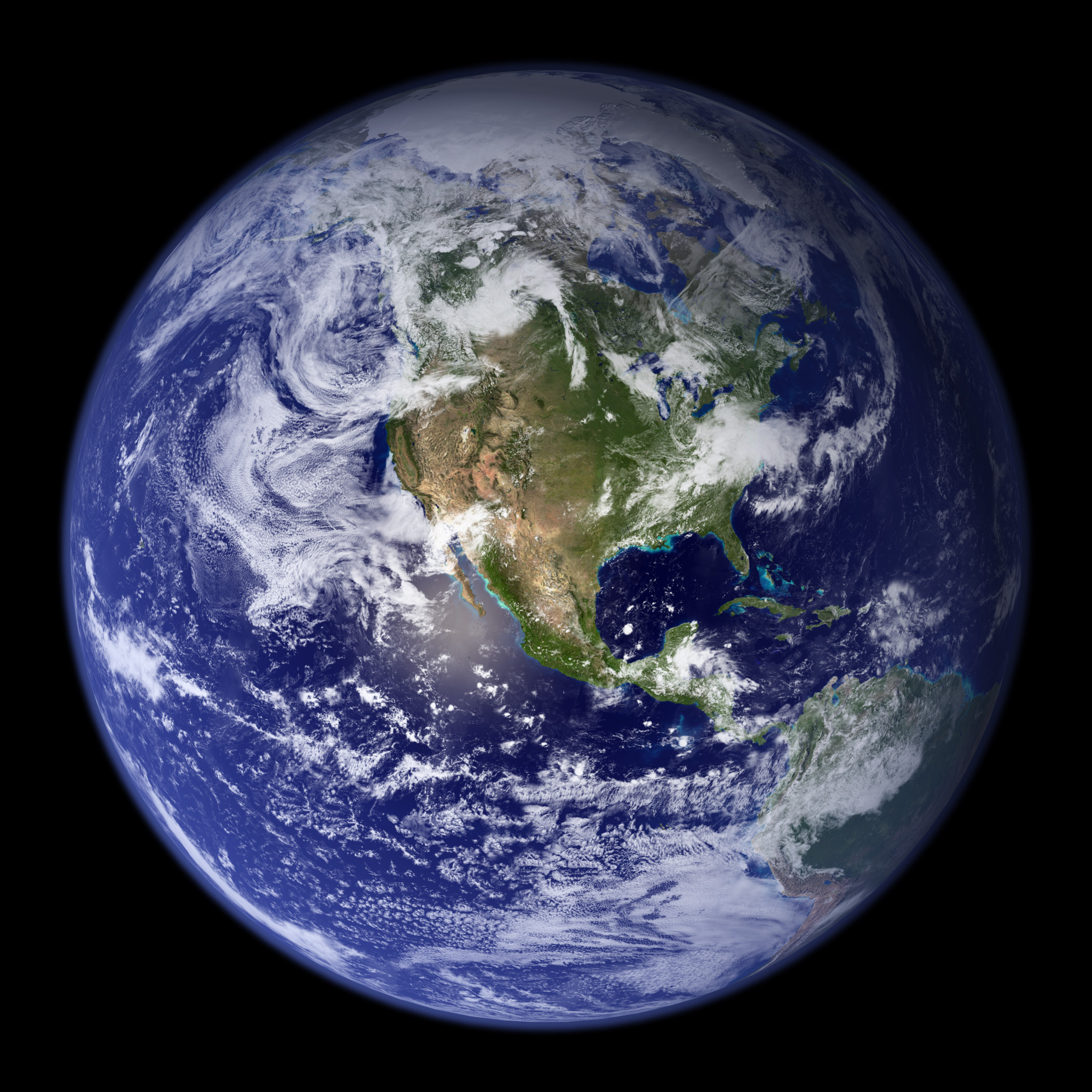 To be honest, my initial response after reading chapter 1 of Bill McKibben's Eaarth is that McKibben certainly seems like he would be among some of the most involved climate change activists out there who has no doubt that the future is bleak for us. Chapter 1 primarily gives numerous statistics and scientific evidence to show that global warming is not only happening, but that it will take immense effort to get back to the original Earth as we knew it. Though I never did much research on climate change before reading this, I always assumed that it was not a very big deal as a consequence of humans. After reading, I'm not quite sure how I feel about its proposals. It certainly has a sense of urgency: "'It's pretty outrageous what we've done.' Which is as objective a scientific statement as you're likely to hear" (10). Personally, I do not think that we live on a very different planet than we did fifty years ago.
To be honest, my initial response after reading chapter 1 of Bill McKibben's Eaarth is that McKibben certainly seems like he would be among some of the most involved climate change activists out there who has no doubt that the future is bleak for us. Chapter 1 primarily gives numerous statistics and scientific evidence to show that global warming is not only happening, but that it will take immense effort to get back to the original Earth as we knew it. Though I never did much research on climate change before reading this, I always assumed that it was not a very big deal as a consequence of humans. After reading, I'm not quite sure how I feel about its proposals. It certainly has a sense of urgency: "'It's pretty outrageous what we've done.' Which is as objective a scientific statement as you're likely to hear" (10). Personally, I do not think that we live on a very different planet than we did fifty years ago.
 The reading helped me understand some of the concerns that environmental activists have for future generations. I looked at this issue in a similar way that I do to our country's deficit spending when it comes to looking after who comes after us. I have always wanted the government to make some steps to reduce the deficit so that future generations do not have to cope with the consequences. However, this perspective with global warming hardly crossed my mind before. While reading, I kept thinking that the reason we keep using the nonrenewable resources is because they are easy to extract, energy dense, and do not currently force us to research other energy alternatives. Even though hydrogen fuel cells and hybrid cars have progressed in recent years, our supply of oil will eventually run dry. It could be a long time from now, but it's still disconcerting. There are lots of ideas out there, but most of the problem comes with the practicality of executing these ideas. Solar panels are great, but they cannot replace natural gas, etc. They are more of a supplement right now.
The reading helped me understand some of the concerns that environmental activists have for future generations. I looked at this issue in a similar way that I do to our country's deficit spending when it comes to looking after who comes after us. I have always wanted the government to make some steps to reduce the deficit so that future generations do not have to cope with the consequences. However, this perspective with global warming hardly crossed my mind before. While reading, I kept thinking that the reason we keep using the nonrenewable resources is because they are easy to extract, energy dense, and do not currently force us to research other energy alternatives. Even though hydrogen fuel cells and hybrid cars have progressed in recent years, our supply of oil will eventually run dry. It could be a long time from now, but it's still disconcerting. There are lots of ideas out there, but most of the problem comes with the practicality of executing these ideas. Solar panels are great, but they cannot replace natural gas, etc. They are more of a supplement right now.I do think that the world could turn around if caught in a desperate situation, but I'm not sure how long it would take. The Earth seems to change in cycles, but I think we can still call this place Earth, not Eaarth.
Being a finance major, I could easily see how you connected those two. The only difference I see between the debt and climate change is that with the debt, the current population is enjoying its benefits. Because of this, although I do not support it, I can understand why they do what they do. With climate change, the current population is already starting to see some of the negative side affects of global warming. Things like droughts can lead to an increase in hunger which definitely does not positively affect the current population. My point is that today's humans already see the negative side affects of climate change and yet they are still not doing anything to help it.
ReplyDeleteBefore reading this chapter I also thought that the effects of global warming would not be as drastic as they are, or show themselves so soon. Reading this chapter has also made me think about environmental activist groups in a new light, and I can know see myself joining one in the near future. It is interesting that you compared this issue to the spending deficit this country is facing, because that had never occurred to me, but after thinking about it there is a big correlation in regards to what is being done about the issues, even though everyone knows about them.
ReplyDelete